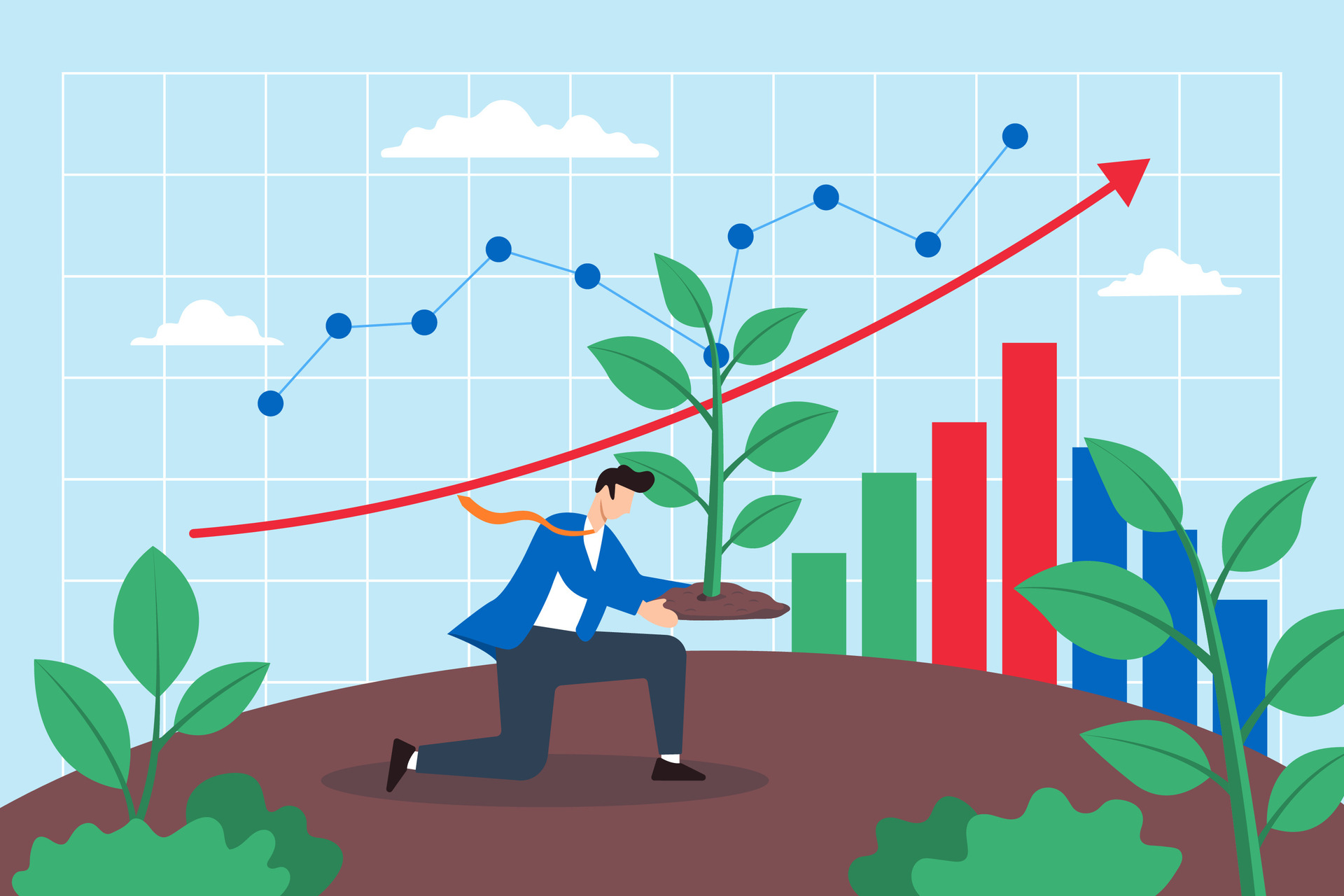We explore five fundamental trends reshaping businesses in 2025 and how organisations can prepare for a more innovative and sustainable future.
Five months into 2025, the business landscape is already shifting rapidly. Trump’s second inauguration, Labour’s budget changes, rising NI contributions, and fluctuating energy prices have all affected companies and consumers.
Against this backdrop, digital transformation is no longer optional. As economic pressures mount, businesses turn to technology to drive efficiency, cut costs and build resilience. But true transformation isn’t just about adopting new tools. It’s about redefining success, embedding sustainability and keeping people at the heart of innovation. Here’s our take on the five key trends shaping the future of business.
1.AI-powered personalisation and predictive analysis
Artificial intelligence has become a core element of modern business, from personalising customer experiences to enhancing operational efficiency. By analysing real-time data, AI enables enterprises to anticipate customer needs, optimise supply chains and automate routine tasks.
Scalability and accessibility are the real game-changers. Tools once reserved for tech giants are now within reach for businesses of all sizes. McKinsey reports that companies that integrate AI effectively can see efficiency gains of up to 30%1. Whether streamlining operations or modernising customer interactions, AI is reshaping how businesses operate.
2. 5G and IoT expansion
The rollout of 5G technology has created enormous opportunities for more innovative and connected business ecosystems. Industries such as healthcare, logistics and manufacturing leverage 5G for real-time data processing and seamless IoT communication.
As highlighted by GSMA Intelligence, 5G is enabling organisations to adopt advanced IoT solutions that redefine business operations2. We work with companies to connect these technologies, revealing opportunities for automation, smart cities and connected customer experiences. In 2025, embracing 5G and IoT will enable organisations to set new industry benchmarks.
3. Digital sustainability as a strategic priority
Businesses increasingly recognise that sustainability is a strategic imperative that drives both environmental impact and business performance. Consumers, particularly younger generations, expect brands to take environmental responsibility seriously. Companies leading in this space aren’t just reducing their carbon footprint but embedding sustainability into operations. Green IT, AI-powered supply chain optimisation and investments in renewable energy drive cost efficiency and competitive advantage.
Sustainability is now an essential driver of long-term business success, aligning with shifting consumer preferences. We have experienced how integrating sustainable practices, such as automating supply chains and minimising waste, helps organisations achieve operational efficiency and environmental accountability. Digital sustainability will become a defining factor for future success as expectations shift.
4. The rise of intelligent process automation
As AI, machine learning, and robotic process automation (RPA) evolve and integrate, businesses will achieve advanced process automation. This transformation streamlines workflows removes bottlenecks and enables dynamic scaling.
The focus isn’t on replacing human workers but instead on shifting how work gets done. Automation frees employees from repetitive tasks, allowing them to focus on strategy, creativity and problem-solving. In 2025, businesses that master this balance between human expertise and automation will gain a competitive edge.
5. Wellbeing, flexibility, and workforce change
Despite rapid technological advancement, the human element remains at the heart of business success. While, hybrid and remote models have become the norm, offering flexibility alone isn’t enough. Companies must create environments where employees feel supported, motivated and inspired to do their best work while growing personally and professionally.
Progressive businesses recognise that employee well-being is fundamental, not just a corporate perk. Investing in your people’s professional growth, mental health, and workplace autonomy ultimately leads to higher performance and innovation. Those prioritising people alongside technology and efficiency will build stronger, more resilient teams. Our People page provides further insights into how we prioritise talent development and engagement.
Conclusion: The real transformation challenge
Business transformation in 2025 is not just about keeping up with tech trends or meeting sustainability targets. It is about rethinking core systems and asking the right questions;
- How can AI support better human decision-making?
- What if operations actively improved the environment?
- How do we measure success beyond quarterly profits?
The real challenge is creating strategies where technology genuinely serves business needs and sustainability drives innovation. We help businesses focus on what matters: strengthening supply chains, using AI to enhance team capabilities, or developing metrics that reflect real value. Our approach is always practical, with measurable results that lead to meaningful change.
Let Tratech Consulting guide your organisation through the future of business transformation. Please fill out the form to contact us today and start your journey, or explore our case studies to see how we have helped businesses turn challenges into competitive advantages.
References
- McKinsey & Company, ‘The State of AI in 2023,’ available at mckinsey.com/capabilities/quantumblack/our-insights/the-state-of-ai-in-2023-generative-ais-breakout-year
- GSMA Intelligence, ‘The 5G Era: Age of Boundless Connectivity,’ available at gsma.com/about-us/regions/latin-america/pt-br/the-5g-era-age-of-boundless-connectivity-and-intelligent-automation/
For more information about how Tratech Consulting can support your business, fill out the form on this page.








